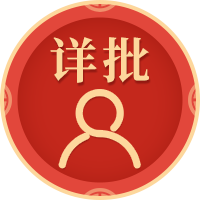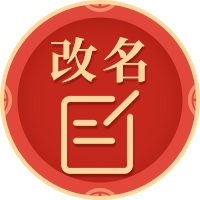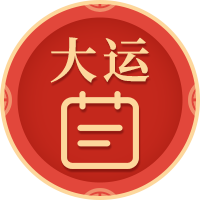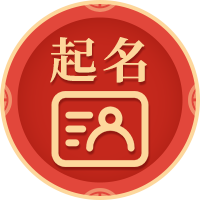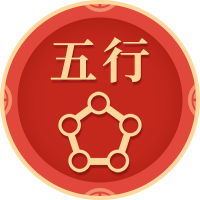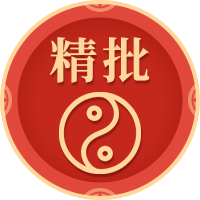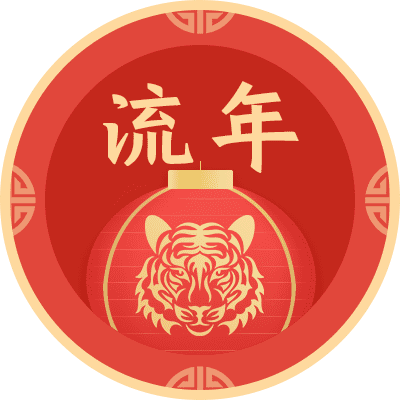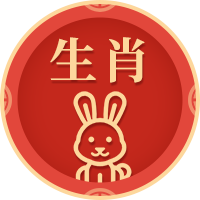如何给天材地宝起个更出色的名字呢
- 作者: 王知洛
- 来源: 投稿
- 2024-07-25
一、如何给天材地宝起个更出色的名字呢
考虑其特性和用途功效:突出其治疗、增强或其他有益效果,例如“愈灵草”、“强体丹”。
形态:描述其独特的外观或形状,例如“星光石”、“龙鳞果”。
元素:如果天材地宝与特定元素相关,可以将其纳入名称,例如“火灵珠”、“水魄晶”。
使用隐喻和象征神话传说:借鉴神话或传说中的生物或事件,例如“凤凰羽”、“龙涎香”。
自然现象:将天材地宝与自然现象联系起来,例如“朝露珠”、“星河石”。
抽象概念:使用抽象概念来传达其本质,例如“永恒之泉”、“智慧之果”。
运用诗意和优雅古文典籍:从古文典籍中寻找灵感,使用优雅的词语和意象,例如“琼浆玉液”、“九转金丹”。
诗歌意境:借鉴诗歌中的意境,营造出一种诗情画意的氛围,例如“月华草”、“清风果”。
谐音双关:巧妙运用谐音或双关语,让名称既朗朗上口又寓意深刻,例如“灵芝(灵至)”、“人参(人参)”。
参考其他语言拉丁语:拉丁语在科学界广泛使用,可以为天材地宝起一个专业且国际化的名称,例如“Panax ginseng(人参)”。
梵语:梵语在佛教和印度教中具有神圣的意义,可以为天材地宝起一个充满灵性的名称,例如“Bodhi(菩提)”。
其他语言:探索其他语言中与天材地宝相关的词汇,例如“ginseng(人参)”来自朝鲜语,“matcha(抹茶)”来自日语。
其他建议简洁明了:名称应简洁易记,避免使用冗长的或复杂的词语。
独特新颖:避免使用常见的或平庸的名称,力求创造一个独特且令人印象深刻的名称。
与品牌形象相符:如果天材地宝属于某个品牌,其名称应与品牌的整体形象和定位相符。
二、如何给天材地宝起个更出色的名字呢英文
Emphasize Origin and Rarity:
Celestial Essence
Primordial Gemstone
Ethereal Elixir
Cosmic Crystal
Ancient Artifact
Highlight Unique Properties:
Luminescent Orb
Verdant Heartwood
Radiant Shard
Harmonic Stone
Aetheric Essence
Use Poetic or Mythological References:
Ambrosia of the Gods
Phoenix Feather
Dragon's Breath
Unicorn's Horn
Philosopher's Stone
Incorporate Metaphors and Similes:
Starfire Diamond
Moonstone of Serenity
Emerald of Wisdom
Ruby of Passion
Sapphire of Truth
Consider the Context:
If the item is found in a specific location, include a geographical reference:
Azurestone of the Azure Mountains
Obsidian of the Shadowlands
If the item has a specific purpose, highlight its function:
Healing Crystal
Enchanting Gem
Talisman of Protection
Use Alliteration or Assonance:
Shimmering Starstone
Radiant Ruby
Verdant Viridian
Ethereal Emerald
Celestial Sapphire
Keep it Concise and Memorable:
StarfireMoonsilver
SunstoneEarthstone
Skystone
三、如何给天材地宝起个更出色的名字呢英语
How to Name Your Celestial Treasures for Maximum Impact
1. Consider the Nature of the Treasure
Elemental Properties: Highlight the treasure's elemental composition, such as "Aetherium Crystal" or "Ignis Stone."
Cosmic Origins: Reference the treasure's celestial origins, such as "Stardust Orb" or "Lunar Essence."
Unique Abilities: Emphasize the treasure's extraordinary powers, such as "Chronos Amulet" or "Omniscience Codex."
2. Use Evocative Language
Descriptive Adjectives: Use vivid adjectives to paint a picture of the treasure's appearance or qualities, such as "Celestial Radiance" or "Ethereal Glow."
Metaphors and Similes: Compare the treasure to something familiar or extraordinary, such as "Heart of the Cosmos" or "Tears of the Ancients."
Poetic Devices: Employ alliteration, assonance, or rhyme to create a memorable and pleasing name, such as "Starlight's Embrace" or "Whispers of the Void."
3. Draw Inspiration from Mythology and Folklore
Legendary Artifacts: Reference famous artifacts from mythology or folklore, such as "Excalibur's Edge" or "Pandora's Box."
Divine Beings: Associate the treasure with a specific deity or celestial entity, such as "Zeus's Thunderbolt" or "Athena's Wisdom."
Cosmic Phenomena: Name the treasure after a celestial event or phenomenon, such as "Eclipse Shard" or "Supernova Core."
4. Consider the Context
Setting: Choose a name that fits the setting of your story or game, such as "Aetherial Essence" for a fantasy world or "Quantum Singularity" for a science fiction setting.
Purpose: If the treasure has a specific purpose, reflect that in its name, such as "Key to the Astral Gate" or "Orb of Prophecy."
Characters: Consider the characters who will interact with the treasure and choose a name that resonates with their personalities or motivations.
5. Be Creative and Unique
Avoid Clichés: Steer clear of overused or generic names like "Magic Sword" or "Healing Potion."
Experiment with Combinations: Combine different elements, metaphors, and references to create a truly original name.
Seek Feedback: Share your name ideas with others and gather feedback to refine and improve them.
四、如何给天材地宝起个更出色的名字呢女生
以自然元素为灵感花卉:如玉兰、牡丹、芙蓉、百合
宝石:如翡翠、玛瑙、琥珀、水晶
动物:如凤凰、麒麟、白泽、九尾狐
自然现象:如朝霞、晚霞、彩虹、流星
以神话传说为灵感仙女:如嫦娥、七仙女、王母娘娘
神兽:如青龙、白虎、朱雀、玄武
神器:如轩辕剑、盘古斧、乾坤圈
仙草:如人参果、蟠桃、灵芝
以寓意吉祥为灵感福运:如福星、福禄、福寿
财运:如聚宝盆、招财猫、金元宝
健康:如长寿、平安、如意
爱情:如缘分、姻缘、红鸾
以诗词歌赋为灵感诗句:如“清水出芙蓉,天然去雕饰”
词牌:如“水调歌头”、“满江红”
典故:如“沉鱼落雁”、“闭月羞花”
意境:如“云想衣裳花想容”、“月上柳梢头”
以个人特点为灵感性格:如温柔、活泼、坚强、独立
爱好:如读书、音乐、舞蹈、绘画
外貌:如美丽、优雅、清秀、可爱
气质:如仙气、灵气、书卷气、大家闺秀
其他创意谐音:如“玉露琼浆”(谐音“玉露琼浆”)
叠字:如“玲珑剔透”(叠字“玲珑”)
反义:如“冰清玉洁”(反义“冰清玉洁”)
拟人:如“花中仙子”(拟人“花”)



